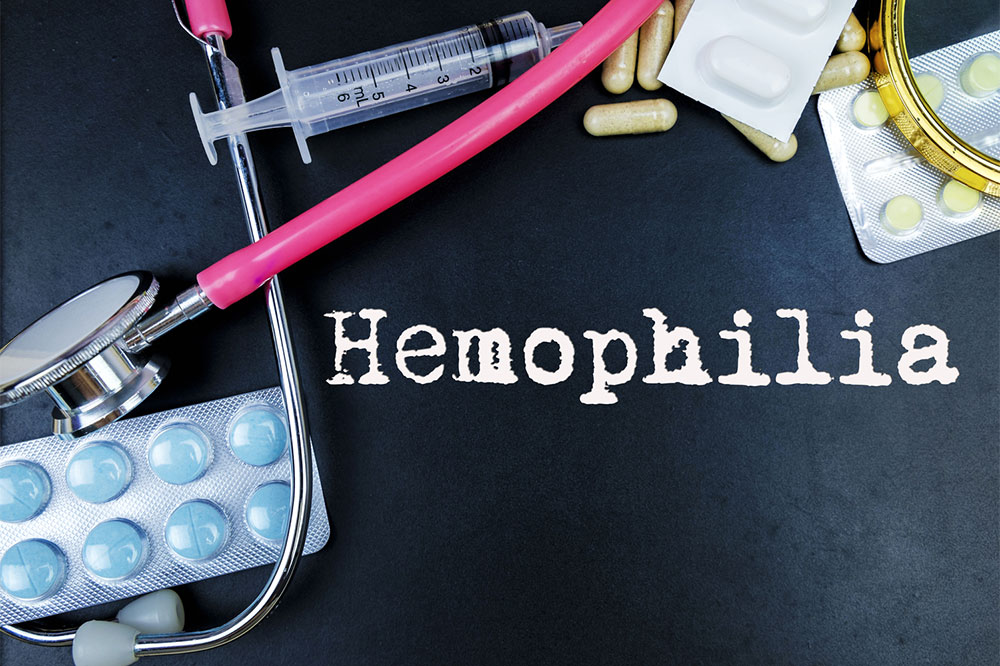Top Strategies for Managing Hemophilia Effectively
Effective hemophilia management involves regular medical visits, safe physical activity, injury prevention, good oral hygiene, and cautious medication use. These strategies help reduce complications and enhance quality of life for patients. Consultation with healthcare professionals is essential for personalized care, ensuring safe and effective treatment tailored to individual needs.

Top Strategies for Managing Hemophilia Effectively
Hemophilia is a genetic disorder that affects the blood's ability to clot, causing repeated bleeding episodes. Proper management is vital for reducing complications and improving quality of life. Patients and caregivers can follow these key strategies:
Schedule Regular Medical Visits
Consistent check-ups are essential for tracking disease progression. Regular tests and prompt attention to new symptoms, along with vaccines to prevent infections, are critical for maintaining health.
This proactive approach allows early detection of issues and minimizes bleeding risks.
Participate in Safe Exercises
Although high-impact sports can be risky, staying active benefits overall health. Light aerobic routines and stretching support joint function, better weight management, and muscle strength, provided safety precautions are followed.
Protect Children from Injuries
Kids with hemophilia are naturally energetic. Creating a hazard-free home, using protective gear, and supervising activities are essential for avoiding injuries without restricting movement.
Safety precautions enable children to stay active while minimizing bleeding risks.
Maintain Oral Health
Dental hygiene is crucial for those with bleeding disorders. Regular brushing, flossing, and dentist visits prevent gum bleeding and infections, with proper care after dental procedures to avoid complications.
Use Medications Judiciously
Avoid blood-thinning drugs like aspirin or ibuprofen unless prescribed. Always consult healthcare providers before taking any medication. Acetaminophen is typically recommended for pain relief in hemophilia patients.
Disclaimer: This information aims to educate and inform. It is not a substitute for professional medical advice. Always consult your healthcare provider for personalized treatment options. The content may not cover all available therapies; verify details with your medical team.


